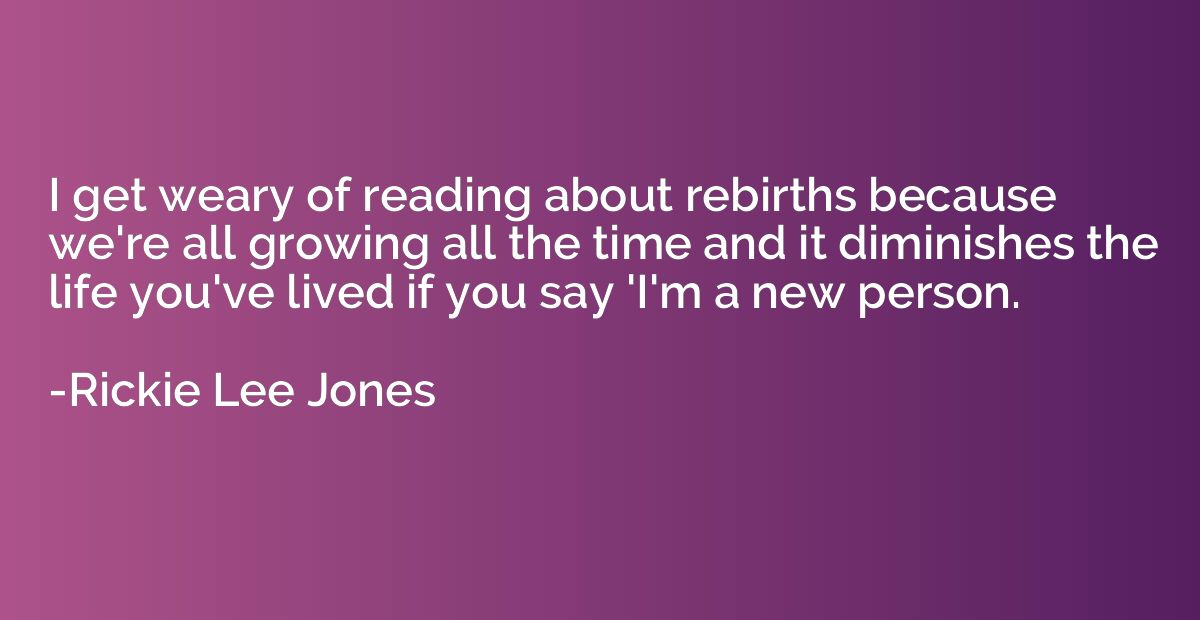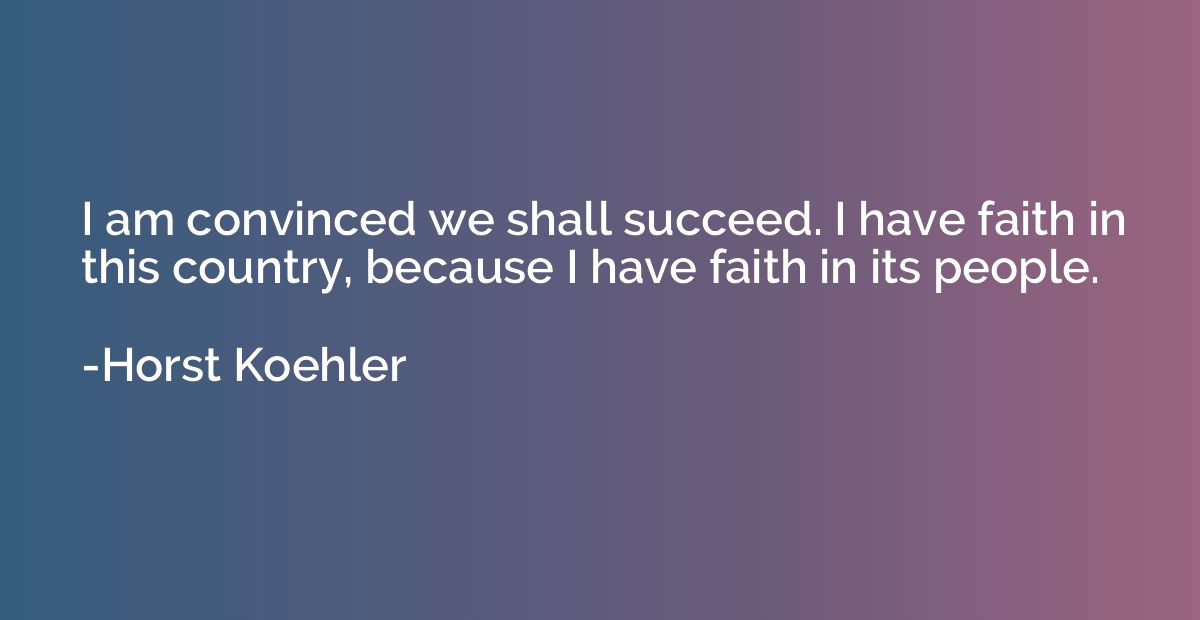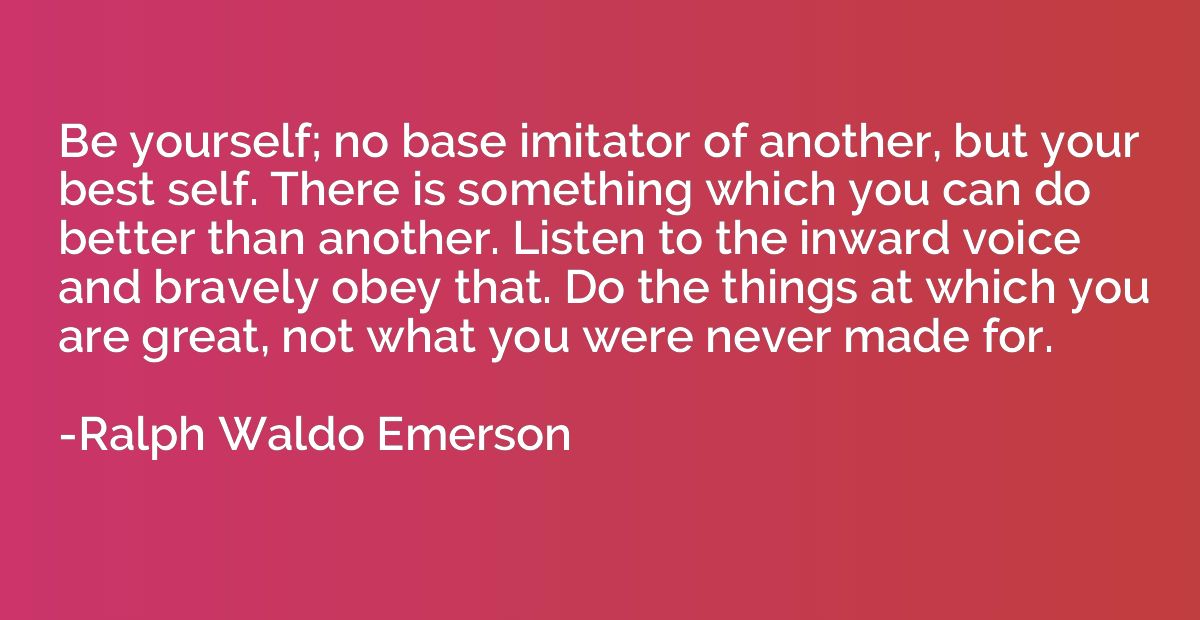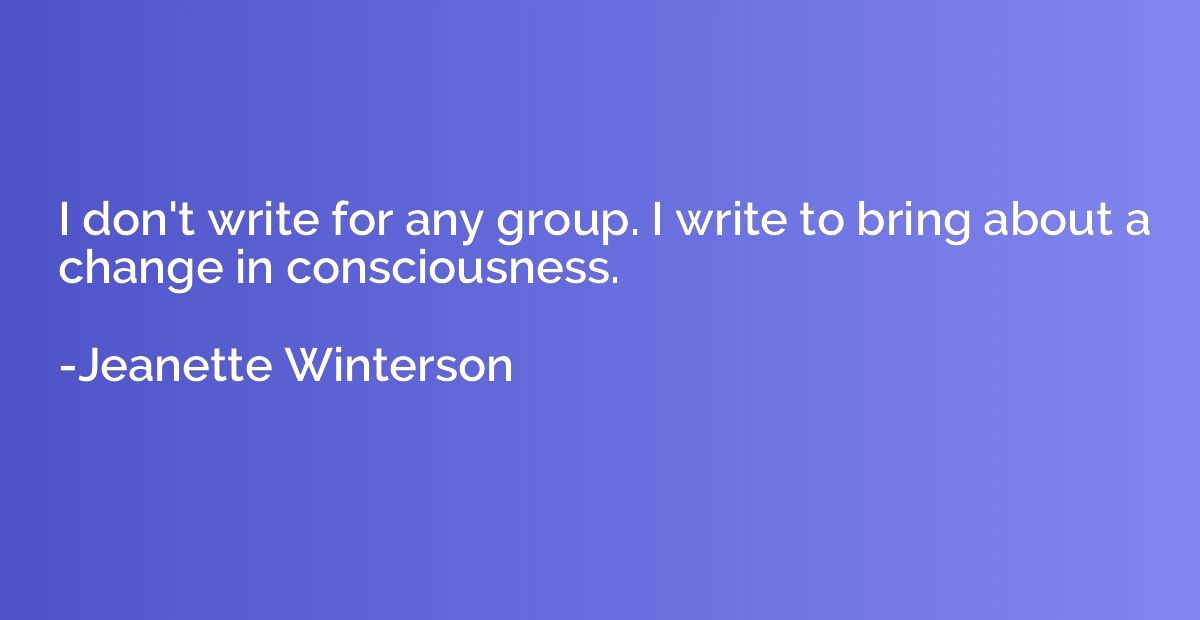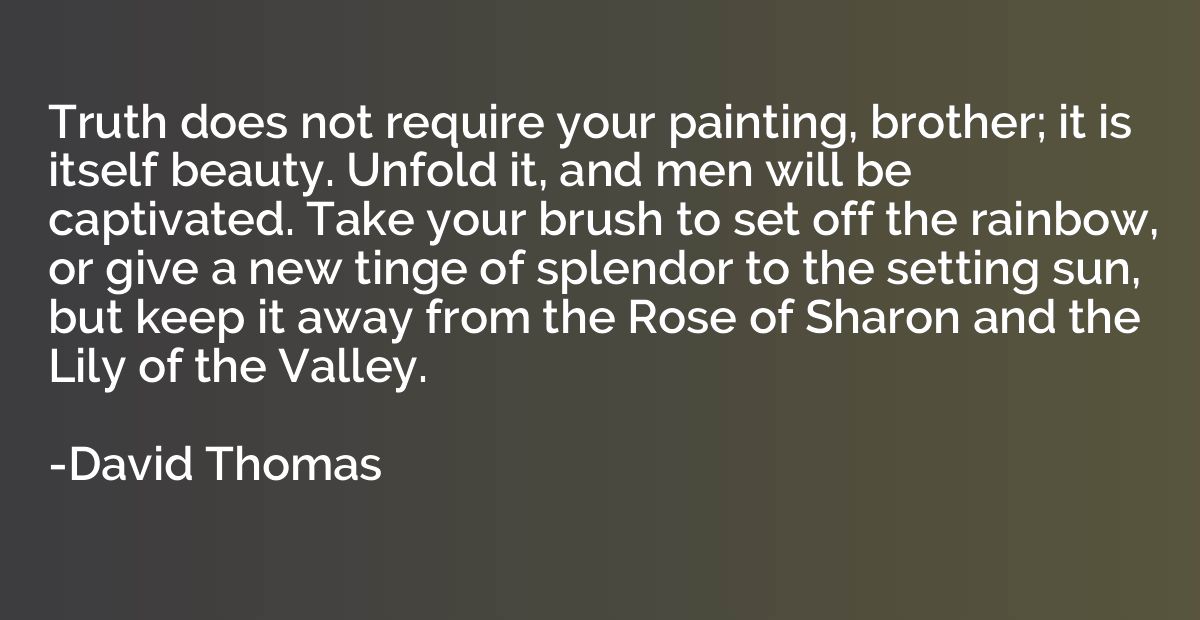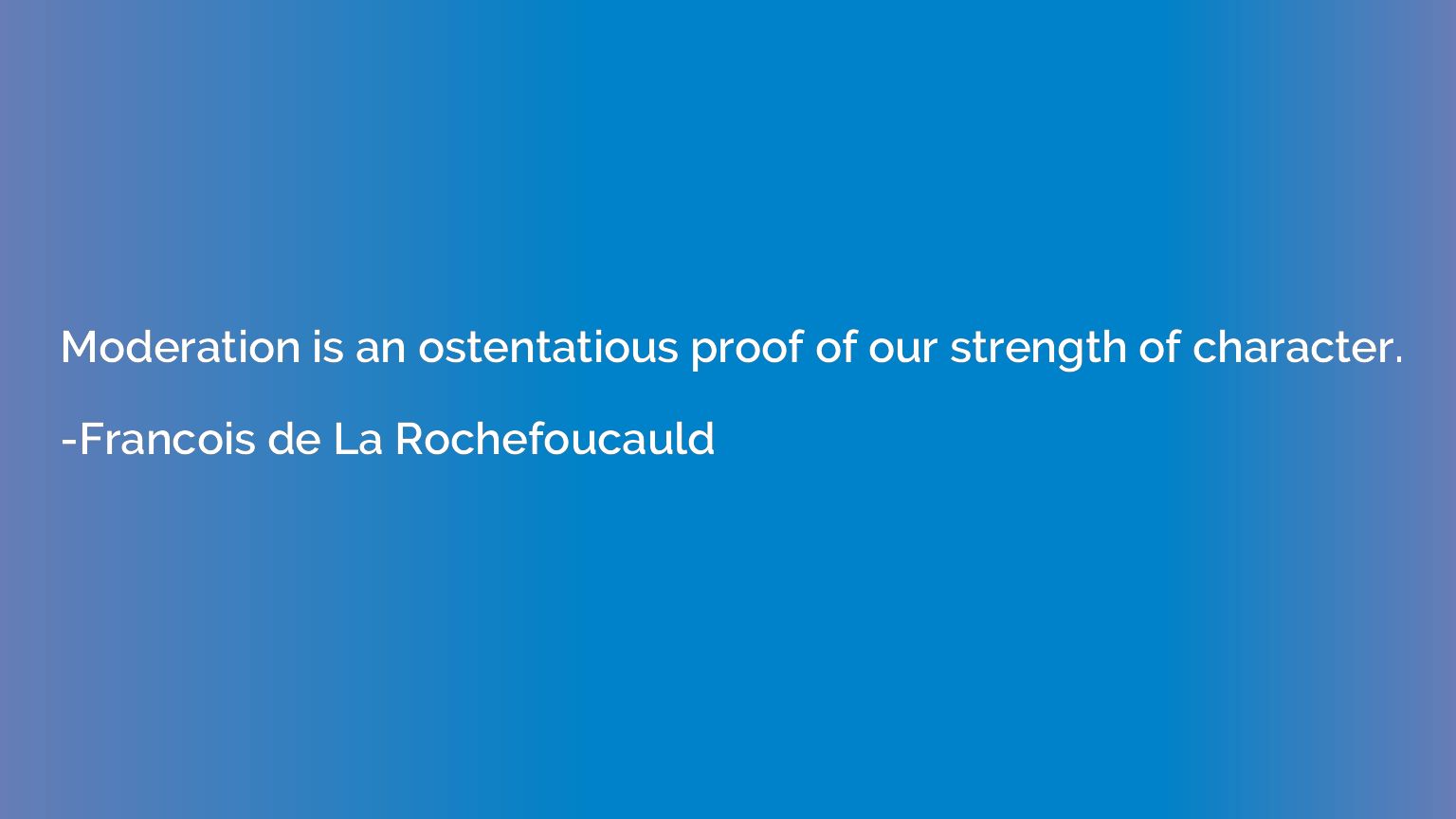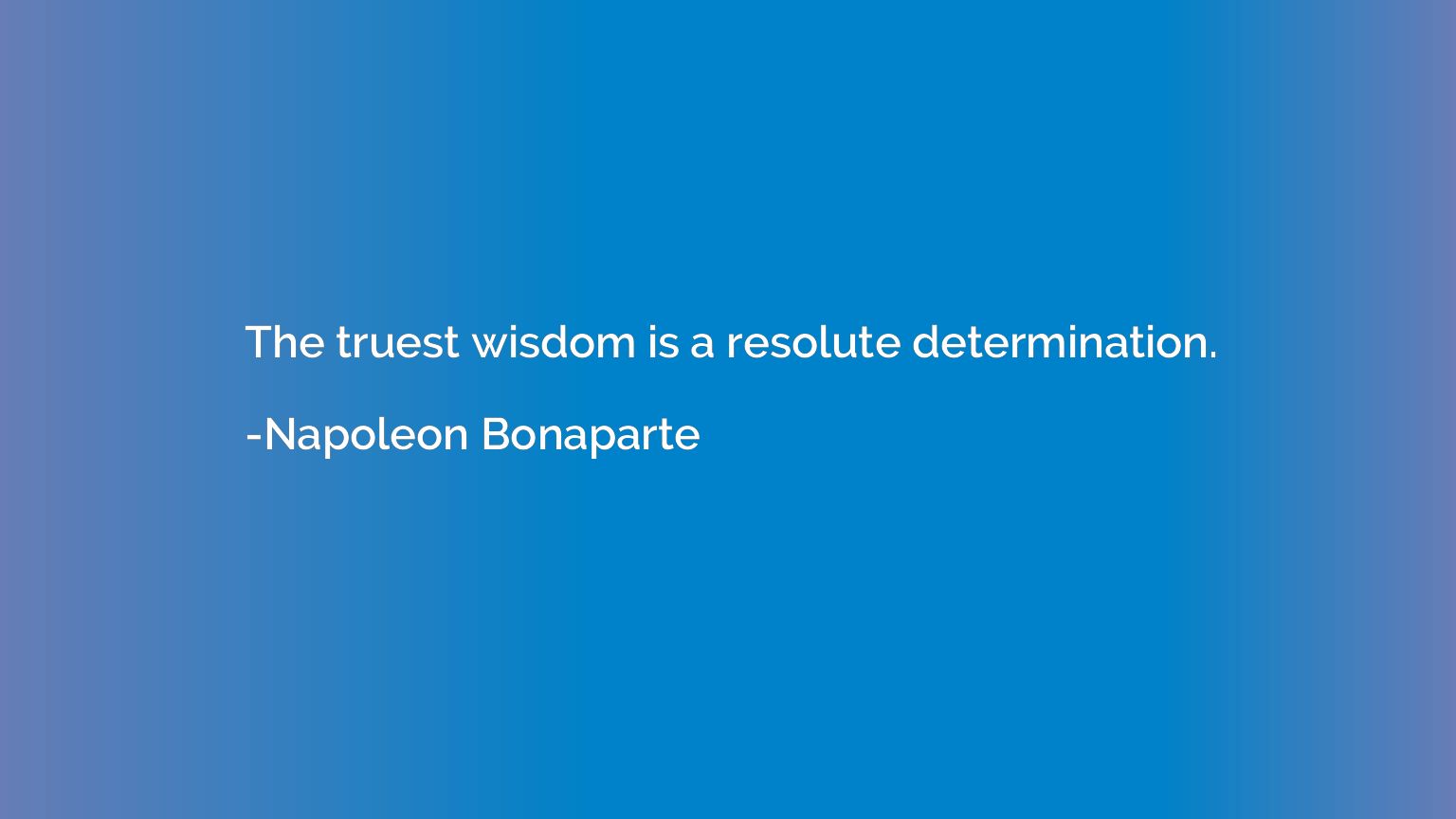Quote by Christopher Hitchens
Revolution from above, in some states and cases, is [...] often preferable to the status quo, or to no revolution at all.
![Revolution from above, in some states and cases, is [...] of](https://quotation.io/quotes/revolution-states-cases-often-preferable.jpg)
Summary
This quote suggests that there are situations where a revolution or significant change initiated by those in power (revolution from above) can be more desirable than maintaining the existing state or having no revolution at all. It implies that although revolutions are typically associated with grassroots movements or uprisings from below, there are instances where authorities implementing reforms or changes can be more effective and beneficial. It implies that revolution from above can bring about necessary transformations and improvements, despite deviating from the traditional narrative of revolution.



